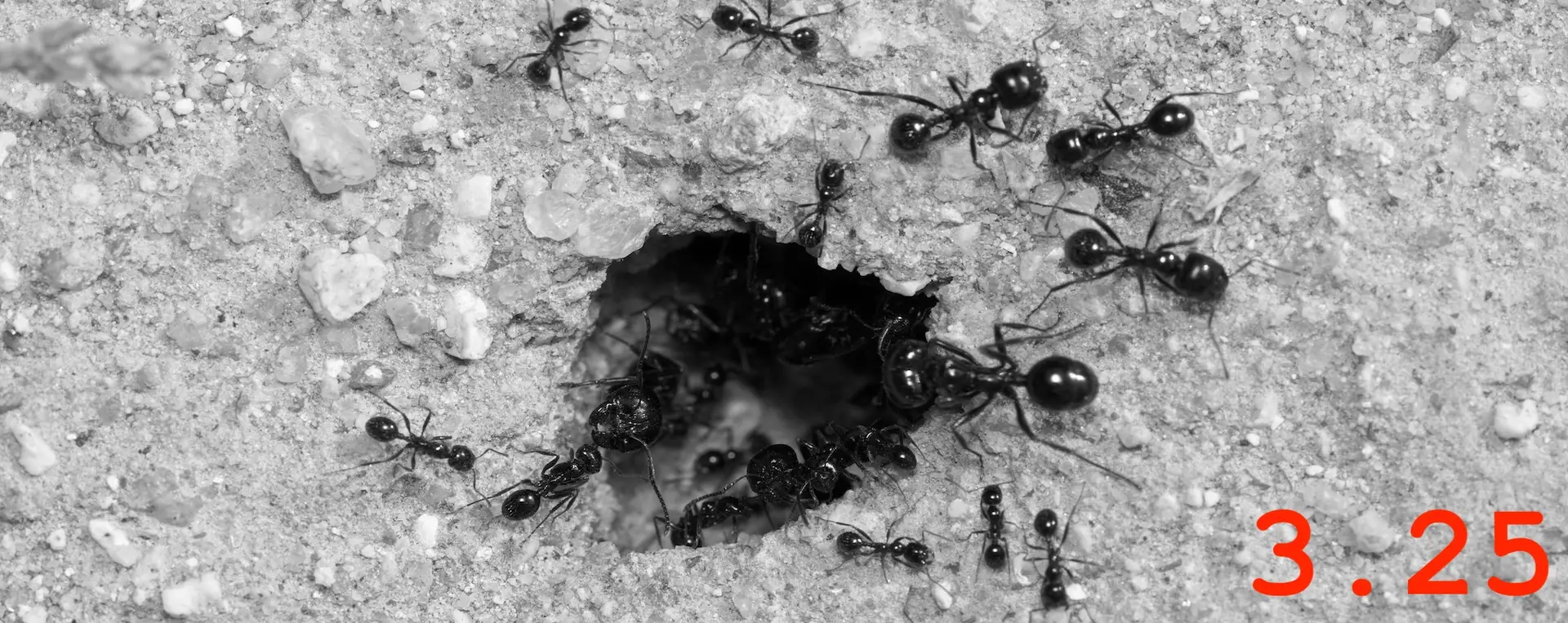Highbrow and pop, fringe and mainstream. Here’s my latest collection of things to read, hear, or see, presented through the lens of thought leadership and ideas-led growth.
Ernest Becker looks at a wide range of human activity through the lens of the denial of death. It’s a compelling concept that worms its way into so many of the projects and postures we adopt. Becker’s exposition is profound, in the sense that it reaches down into the depths of human motivation. Since thought leadership has a mental component, it’s worth exploring many facets of psychology. I’m likely to read this new (to me) discovery of a classic several times over.

Geoffery Mak is about a generation and a half younger than me, yet several aspects of his experience around the edges of the art world and the club scene resonate with me, even though his biography differs. Mean Boys is both an essay collection and memoir, moving between insights on digital culture and a complex personal history, delivered in Mak’s sharp and compelling voice. One clear takeaway—the search for engagement and status can drive people and cultures to the edge.

Marilynne Robinson never disappoints. I caught up on a previous essay collection, The Death of Adam: Essays on Modern Thought, before diving in (soon) to her latest book. Her clear and moral voice touches on many topics, from the dumbing down of writing to the degradation of contemporary culture. She never shies away from her stance of generosity and human dignity, anchored in her faith. You don’t have to share that faith to be moved and inspired.
“Many editors are certain that readers will be alarmed and offended by words that hint at the most ordinary learning, and so they exercise a kind of censorship which is not less relentless or constraining for being mindless. Language which suggests learning is tainted, the way slang and profanity once were. Rather than shocking, it irks, or intimidates, supposedly. It is not the kind of speech anyone would think to free because it is considered a language of pretension or asserted advantage.”
I’m taking a two-week break out of the office, and among my (too many) plans is rereading two books that have done more than most in forming my character and belief system. Carl Jung’s Mysterium Coniunctionis and Aion are not exactly accessible. They explore the topics of alchemy and the history of Christology as a way to investigate psychological transformation, integrating the disparate elements of consciousness into a greater whole Self. I believe we become better writers and thinkers when we understand our Wholeness. This process is a more psychological, perhaps mystical, level of what we do when we tap into our deepest and most insightful thinking to find the impetus for change. We’ll see if my dog-eared, page-flagged, and underlined copies can hold up to another intense reading.


“On having more interesting ideas,” Henrik Karlsson
New ideas come from exploring new territories. Henrik Karlsson challenges us to go further with seven principles he uses to find new paths and pursue curiosity.
Buddhist Economics, Ernst Fritz Schumacher
It is a long and hard struggle to pursue equilibrium between small and big, industrial production and craft. It is not wealth that stands in the way of liberation but the attachment to wealth, not the enjoyment of pleasurable things but the craving for them.
Note: Many of the links above are affiliate links. I’m using them in lieu of paid subscription tiers or digital tip jars. Seems like a much more graceful way to generate financial support while sharing more thinking and writing that can guide thought leadership.




